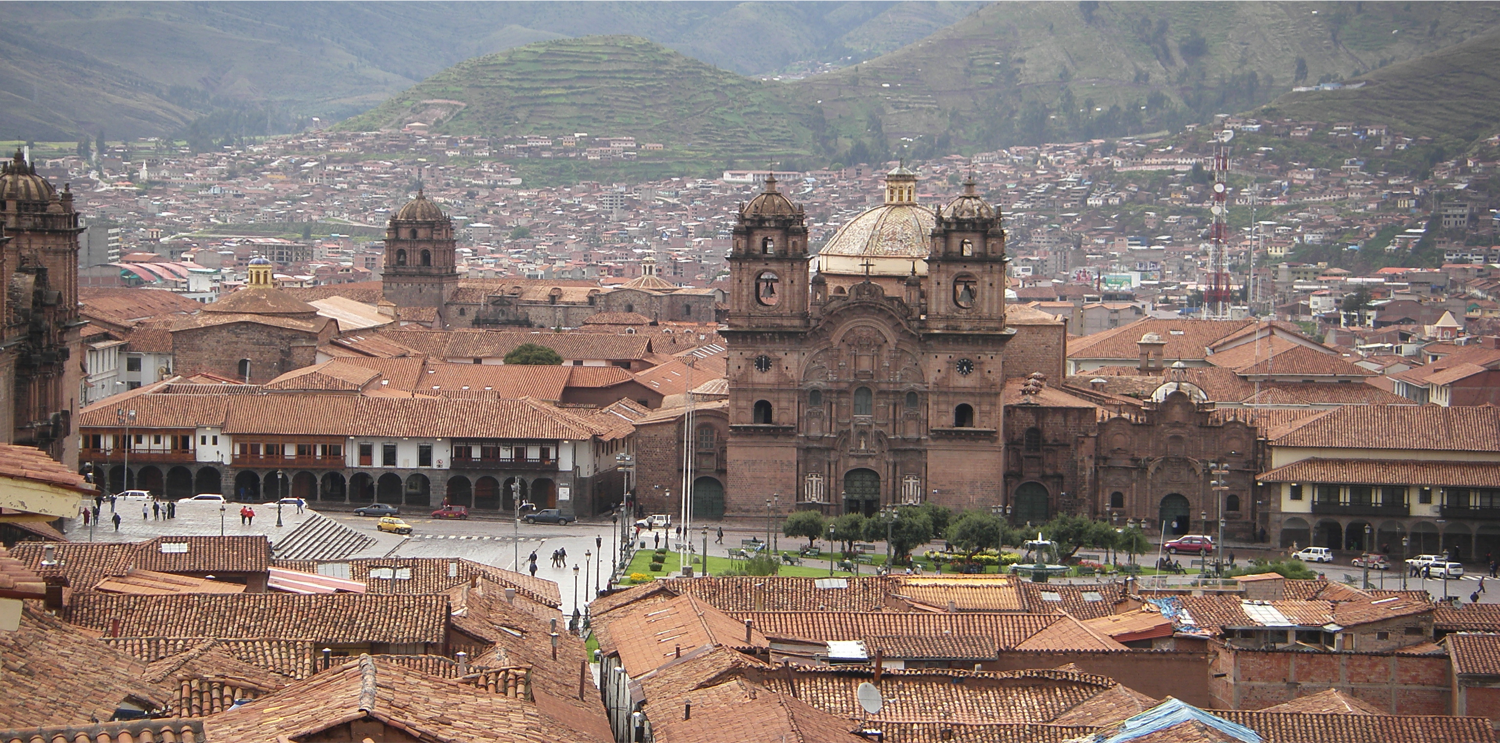Whether participating in community service is your primary motive for travelling or you’d simply like to get involved in a service activity during your time abroad, there are many options and resources you should consider!
Perhaps you’re travelling with a group that has a history of working with a certain project or service group, or maybe you’re really passionate about a specific cause that you’d love to pursue. If you’re open to different options, doing a quick Google search brings up countless organizations that offer volunteer abroad opportunities in fields ranging from environmental sustainability to poverty elimination. You need to consider not only the destination but what opportunities exist there. For instance, it would be next to impossible to find a program that works to preserve rainforests if you were set on travelling to Alaska.
At MSMF, our School4School program’s trips to Peru focus on service-learning, and our program offers a variety of community service projects. Many travel abroad trips are based around community service, but you could also research specific projects run locally in the place you’re going to go if your chosen program isn’t service-based.
If the project or program that you’re passionate about doesn’t already exist, create your own! For example, if you’re studying abroad for a semester and are dedicated to helping homeless animals, create a plan for how you can serve this purpose abroad. Do some research regarding different people and resources that could assist you. Perhaps it would be worthwhile to partner with a local animal shelter. If you’re going with a group, try to get some other students involved with your project – it’s usually easier to work with a team!
Whatever you think you want to do, stay open-minded and know what’s out there before you make a big decision! Service-learning provides worthwhile experiences that could significantly impact your outlook on life.
By: Megan Salvia, MSMF Intern







